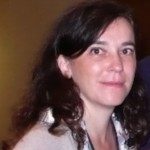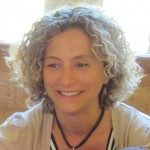About
Chronic immune activation during HIV infection is considered as the driving force of CD4+ T cell depletion and AIDS. In cART-treated patients, a residual systemic immune activation persists. It is this chronic low level of immune activation, including monocyte/macrophage-associated inflammation, which is associated with morbidity and mortality in treated patients.
Fundamental clues in our understanding of the mechanisms that are responsible for this chronic inflammation could lie in natural hosts of the simian immunodeficiency virus (SIV), i.e. African non-human primates, such as African green monkey (AGM). Such natural hosts of SIV generally do not develop AIDS. We discovered that the SIV infection in natural hosts is characterized by a lack of chronic inflammation despite virus replication levels in blood and intestinal lymphoid tissues as high as that in HIV-1 infected humans and SIVmac-infected macaques, the pathogenic model. Further studies have shown that the persistent control of inflammation in AGM is already induced during primary infection. We aim to decipher how AGM escape chronic inflammation despite persistent high viremia in order to contribute to the development of therapies targeting HIV-induced inflammation.


